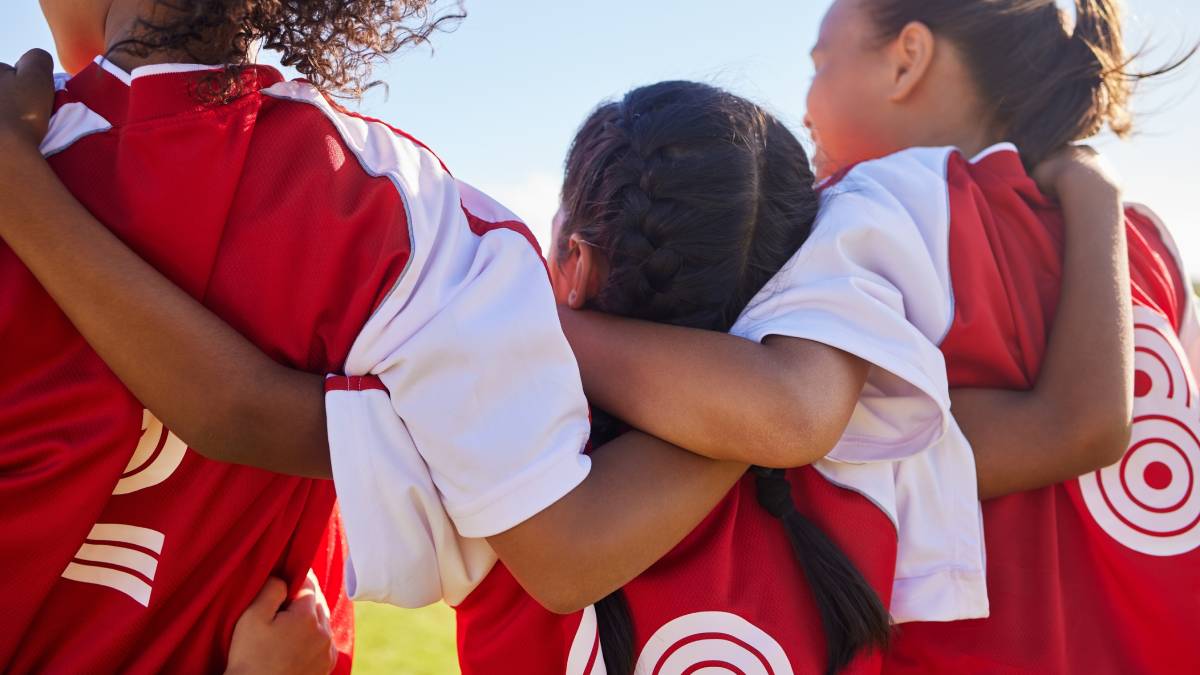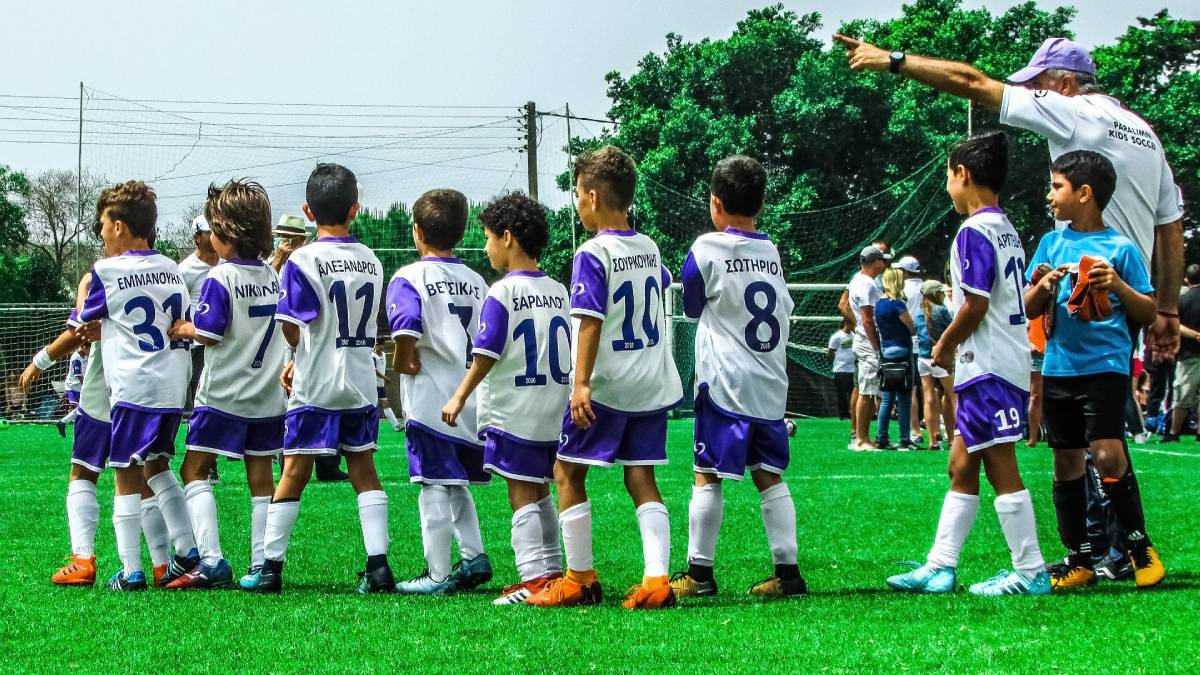Private Messenger groups: a danger ignored by parents?

In sports, the safety of young athletes is paramount. However, many schools still allow their coaches to communicate with parents and children via Messenger, a practical but risky method.
According to an article in the Journal of Montreal, “among the fifty school employees who have appeared in court over the past six years for sexual crimes, nearly a quarter of the cases involved an accused who had crossed the line on social media.” [1] Additionally, the use of social media often violates the “rule of two,” a key principle in preventing situations of abuse or inappropriate behavior. Here’s why it’s crucial to question these communication methods.
Breaking the rule of two: a breeding ground for abuse
The “rule of two” states that an adult should never be alone with a child in a private setting, whether physically or virtually, to prevent any risk of abuse or misconduct. Unfortunately, Messenger groups or private messages between coaches and children often violate this rule by creating communication spaces where the coach can enter into direct, private contact with young athletes without supervision.
Risk of not respecting the rule of two :
This creates an environment conducive to inappropriate behavior or misunderstandings, with no witnesses or means of surveillance, which can make it difficult to prove or intervene in the event of a problem.
Tip for respecting the rule of two
Demand that all communications between coaches and children take place via monitored channels that respect the rule of two, where another adult or parent is always present in the exchanges. Team management solutions, such as MonClubSportif, facilitate compliance with the rule of two in a digital context, thanks to moderated communication channels.
Lack of control over private exchanges
Messenger groups are often informal, and it’s difficult for parents or schools to monitor or intervene in the event of a problem. Inappropriate conversations, inappropriate comments or bullying can occur without any action being taken, as these exchanges are neither recorded nor subject to a moderation framework.
Risks of not moderating exchanges
The lack of supervision in these groups exposes children to unsupervised interactions, where inappropriate behavior or misunderstandings can go undetected. Young athletes can also cyberbully each other. These harmful behaviors can go undetected without proper supervision.
Tips for managing communications
Promote communication tools where all exchanges are visible, recorded and accessible to several responsible adults, including parents and team leaders, to ensure a more secure and transparent environment. Team management solutions can provide a framework for communications to make them safer for everyone.
Why question the school's communication methods?
It is the responsibility of parents to ensure that schools and coaches follow safe and youth-friendly practices. If communications are via platforms like Messenger, it’s essential to raise questions. Children’s safety and respect for the rule of two must take precedence over the convenience of a quick messaging app.
By questioning these practices, you can help ensure a safer environment for your children and encourage schools to adopt communication methods that respect essential safety rules.
Karl Demers

On the same subject
In the world of sport, where passion and dedication shape young athletes, their safety and well-being must remain paramount. As parents, […]
In the dynamic sports environment, where enthusiasm and competition converge, there is a complex reality: the safety of athletes is put to the […]


